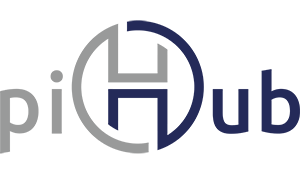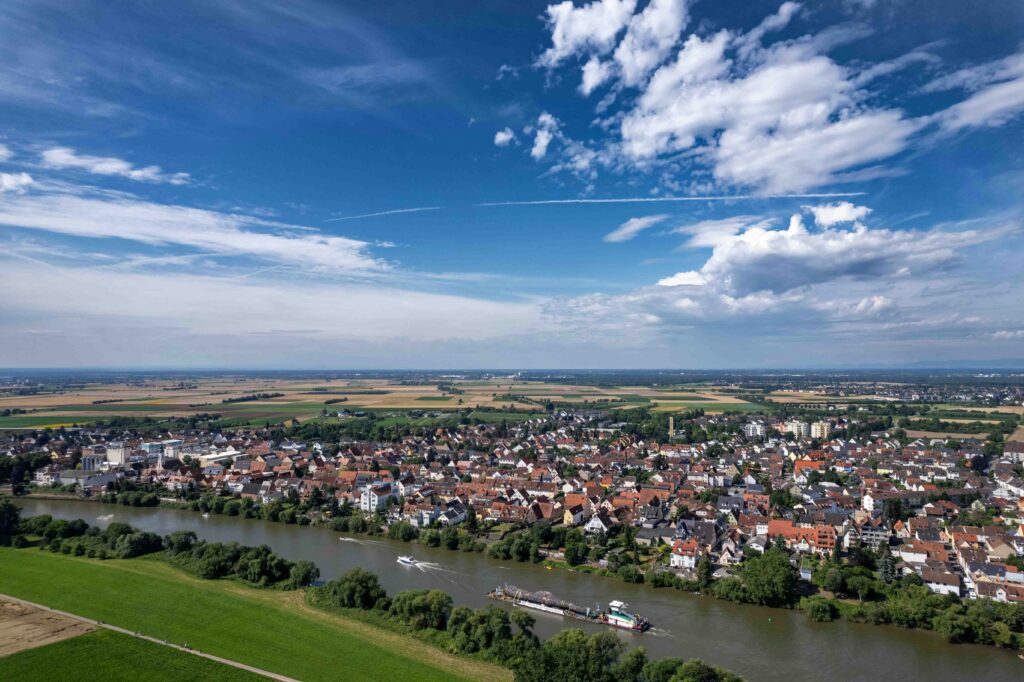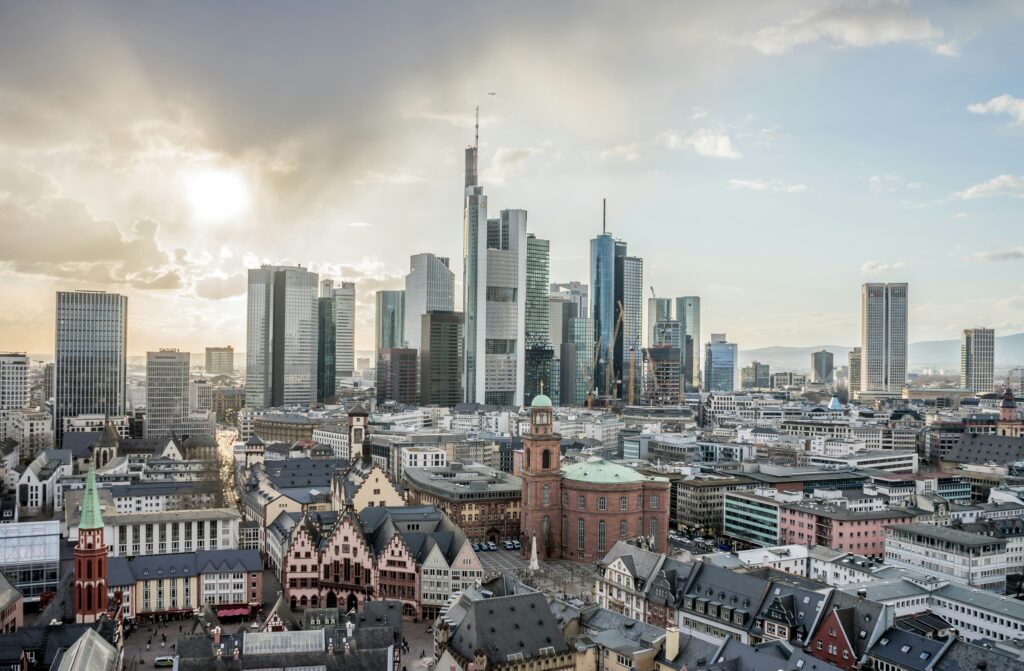After a difficult period of adjustment, Germany’s property market is experiencing what Thomas Roell, CEO of PiHub, calls “the advent of a fundamental recovery.” According to Roell, “The combination of pent-up demand, evolving market needs, and a more diverse financing ecosystem has created perfect conditions for sustainable growth across multiple sectors.” This optimism is backed by concrete data, with transaction volume jumping 21% to €34.3 billion in 2024 compared to the previous year.
This renewal represents a structural transformation of the market. The factors driving this recovery tell a story of resilience and adaptation rather than simple cyclical movement.
Residential Market: The Path to Stability
The residential sector offers some of the most encouraging indicators of market health. After experiencing price declines of 8-9% from their spring 2022 peaks, residential properties have recently shown growth of approximately 3-6%. Meanwhile, newly built properties have maintained their value and are now priced higher than ever before.
In major metropolitan areas, the picture is even brighter. Berlin has posted 7% annual price growth, with Munich and Hamburg following similar upward trajectories. The fourth quarter of 2024 marked a notable turning point, with residential property prices rising by 1.9% year-on-year, effectively halting the decline that had persisted since 2022.
This recovery is occurring despite Germany facing a housing shortfall of approximately 400,000 units annually, highlighting the fundamental strength of demand in this sector.
“We’re witnessing a strategic shift in how capital is being deployed across the German market,” says Thomas Roell, Managing Partner and CEO of PiHub. “Investors are adopting a more diversified approach, focusing on mid-sized developments rather than mega-projects, which demonstrates both confidence in market fundamentals and prudent risk management.”
Regulatory Landscape: Easing the Path to Recovery
Germany’s financial regulator, BaFin, has taken steps to facilitate market recovery by reducing the capital requirement for banks on residential mortgage loans from 2% to 1%. This regulatory adjustment has freed up an estimated €2 to €2.5 billion for lending, reflecting BaFin’s assessment that vulnerabilities in the housing market have notably declined.
This more accommodative regulatory environment, combined with the government’s decision to relax the debt brake – allowing for a fiscal stimulus of approximately 3% of GDP – creates a more supportive backdrop for real estate investment and development.
Commercial Real Estate: Challenges and Transformation
While the residential sector shows clear signs of revival, commercial real estate continues to face headwinds. High borrowing costs and reduced demand, particularly in office and retail spaces, have led to decreased valuations and transaction volumes.
The office market needs to be reimagined rather than simply rebuilt to recover. Roell notes, “Investors who understand Germany’s regional markets and can work with both traditional and alternative financing sources will be well-positioned to benefit from this growth cycle.” The focus is increasingly on quality over quantity, with businesses seeking improved spaces rather than simply more square footage.
International Investment: Germany's Enduring Appeal
Despite recent challenges, Germany remains highly attractive to international investors. A survey by Berlin Hyp indicates that 48% of real estate professionals consider Germany the most appealing European market, citing its stable political system and robust legal framework.
This appeal is reflected in transaction data, with international investors now accounting for 42% of investment volume, up from 40% in the previous year. European investors outside Germany have been particularly active, recognizing the opportunity to position themselves in what many view as the continent’s most stable real estate market.
What This Means for You
With market conditions presenting favorable entry points as valuations stabilize and financing costs moderate, German real estate continues to offer investors attractive risk-adjusted returns compared to other options. The German government bond yield of 2.55% provides a benchmark against which real estate investments appear particularly compelling. Additionally, the multi-sector recovery allows for strategic portfolio diversification across residential, commercial, and infrastructure assets, with infrastructure showing remarkable 47% year-over-year growth driven by digital expansion and energy transition projects.
Beyond these market fundamentals, three more strategic considerations deserve special attention:
- Quality Over Quantity
Success in this market requires more than just capital—it demands sophisticated asset management and deep local market knowledge. Focus on selecting projects with strong fundamentals rather than simply following market trends. Remain selective and strategic, focusing on quality assets in prime locations while not overlooking emerging markets that offer value-add opportunities. - Sustainability Premium
By 2025, the demand for energy-efficient homes in Germany is expected to grow by 20%, driven by environmental regulations and evolving consumer preferences. Properties with strong sustainability features are consistently outperforming conventional assets, creating a clear distinction in market value based on environmental credentials. - Regional Differentiation
While major cities like Berlin, Munich, and Hamburg continue to attract significant investment, each market has its unique dynamics. Portfolio diversification across locations has become increasingly important as market segments show varying performance patterns. Understanding these regional differences is essential for optimizing investment returns.
Looking Forward
Germany’s real estate market in 2025 presents a nuanced picture of recovery and transformation. The residential sector is leading the way, supported by regulatory easing and persistent demand. While the commercial sector faces continued challenges, opportunities exist for those with the expertise to identify and unlock value in transforming assets.
For investors who understand these dynamics and position themselves accordingly, Germany’s property market offers not just stability but significant potential for growth in the coming years.
At PiHub, our deep local connections and market expertise can help put your capital to work in high-potential German real estate and infrastructure opportunities that others miss.
To learn more, schedule a consultation with our investment team today.




